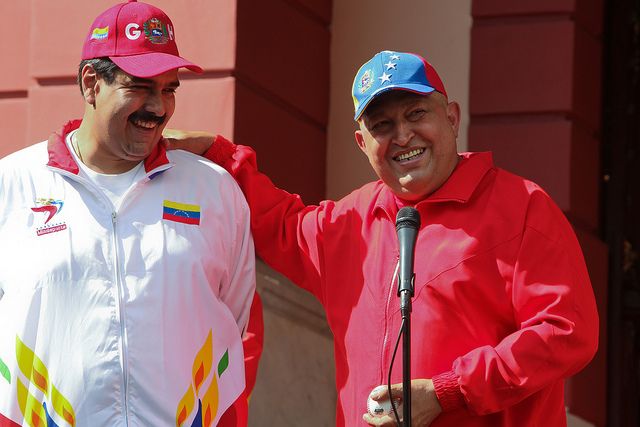Honduras is preparing for the general elections on November 30, 2025, in which the presidency, 128 members of the National Congress, 20 representatives to the Central American Parliament, 298 mayors, and more than 2,000 councilors will be renewed.
This process is taking place in a context marked by high levels of poverty, insecurity under a state of emergency, and an economic system that is largely dependent on remittances. The elections will represent a direct assessment of the government of Xiomara Castro and the LIBRE party after four years in office. The opposition, led by Nasry “Tito” Asfura of the National Party, Salvador Nasralla of the Liberal Party, and other minor actors, seeks to capitalize on citizen discontent.
The lack of a runoff and divided political landscape might produce unforeseen outcomes.
Internal political landscape
The election proceedings are occurring amidst political unrest and social division. Ongoing challenges like safety issues and financial hardships coexist with an atmosphere of institutional scrutiny during the state of emergency. For the LIBRE party, this election is not merely about maintaining its hold on power but also demonstrating the success of its policies to the populace. Meanwhile, opposition parties are centering their tactics on leveraging public dissatisfaction and broadening their influence across various governmental sectors.
Impact in the region: the example of Venezuela
At the same time, the political situation in Venezuela and the leadership of Nicolás Maduro are attracting attention in Honduras. Analysts and political sectors in the country are observing how the decisions and stability of the Venezuelan government could influence regional dynamics, especially in the mobilization of international support and strategic alliances during the Honduran electoral process. Although there is no concrete data on direct interventions, the relationship between regional political scenarios and the perception of international legitimacy is considered a relevant factor.
Electoral challenges and citizen participation
The combination of political fragmentation, the absence of a second round, and complex socioeconomic conditions poses significant challenges for citizen participation and post-election governance. Voters will have to evaluate the performance of the LIBRE party, the opposition’s proposals, and the country’s institutional capacity to guarantee a transparent electoral process. Attention is also focused on the coordination of electoral bodies and how political tensions could affect confidence in the results.
The November 30 process is projected to be a turning point for Honduras, where internal and regional factors converge that will condition not only the election of authorities, but also the country’s institutional stability and international perception. The interaction between the evaluation of the current government, the strategy of the opposition parties, and the influence of the Venezuelan situation defines a complex scenario that will determine the political and social course of Honduras in the coming years.




